This Day in History is DUE’s daily dose of trivia for all the history buffs out there. So sit back and take a ride to all the fascinating things that happened today!
People are trapped in history and history is trapped in people, and hence, every day has been a significant one in the foibles of History. Let’s take a tour of “This Day in History – 9th of May”.
1502 Columbus leaves for Spain
Voyager Christopher Columbus leaves Spain on his 4th and final trip to the New World. It was a voyage that resulted in the discovery of various Caribbean islands, the Gulf of Mexico, and the South and Central American mainlands, but he never accomplished his original goal – a western ocean route to the great cities of Asia
1754 1st newspaper cartoon in America-divided snake “Join or Die”
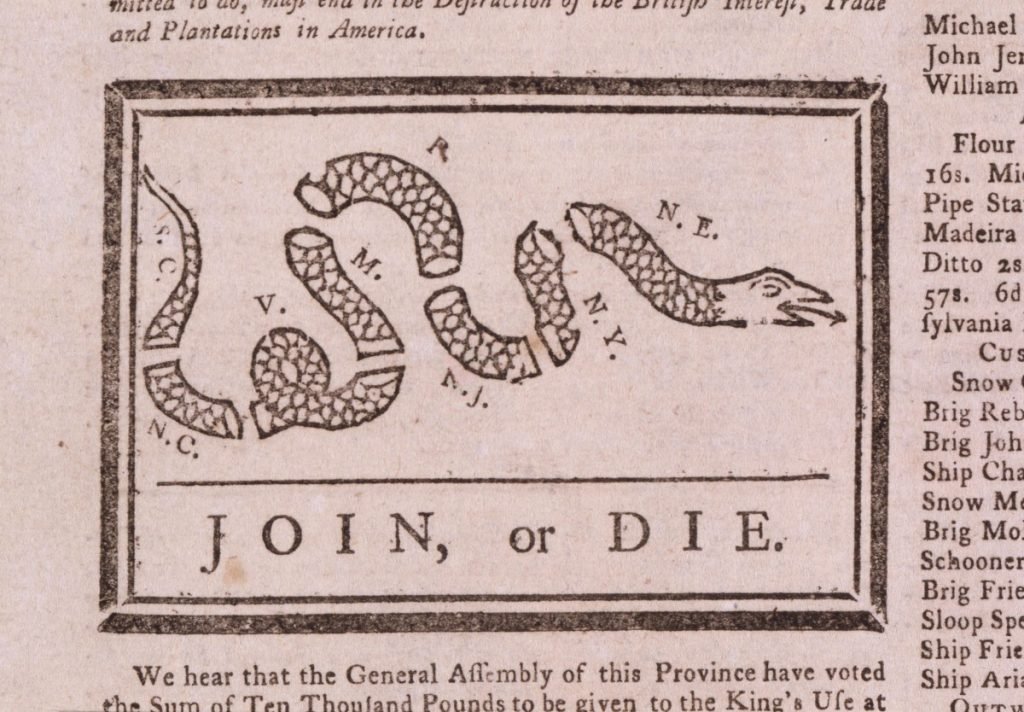
This cartoon appeared in Ben Franklin’s newspaper, the Pennsylvania Gazette as part of an editorial by Franklin commenting on ‘the present disunited state of the British Colonies. ‘ The woodcut drawing pictures a divided snake in eight pieces representing as many colonial governments.
1768 Hancock holds cargo to avoid paying duties
Statesman John Hancock pays duties on 25 pipes of wine, only one-fourth of his ship’s carrying capacity. British officials accuse him of unloading the rest during the night to avoid paying duties on the entire cargo.
1785 British inventor Joseph Bramah patents beer-pump handle
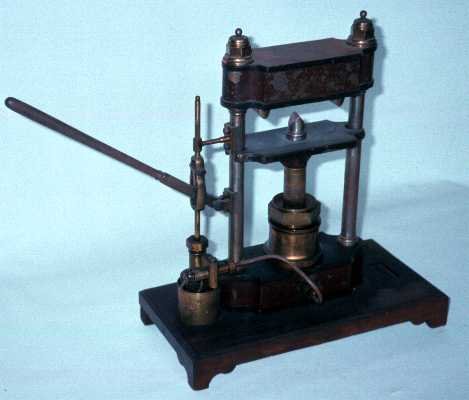
On this day in History, Joseph Bramah, a prolific British inventor, patients the beer pump. Also known as the beer engine, he used the new science of hydraulics to dispense beer by simply pumping the handle which was connected via a flexible hose to the keg.
1788 British parliament accepts limits slave trade
The Slave Trade Act 1788, also known as Dolben’s Act, was an Act of Parliament that placed limitations on the number of people that British slave ships could transport, related to tonnage. It was the first British legislation passed to regulate slave shipping.
Read here | Abducted Nigerian College Students Freed
1862 US Naval Academy relocated from Annapolis Maryland to Newport, Rhode Island
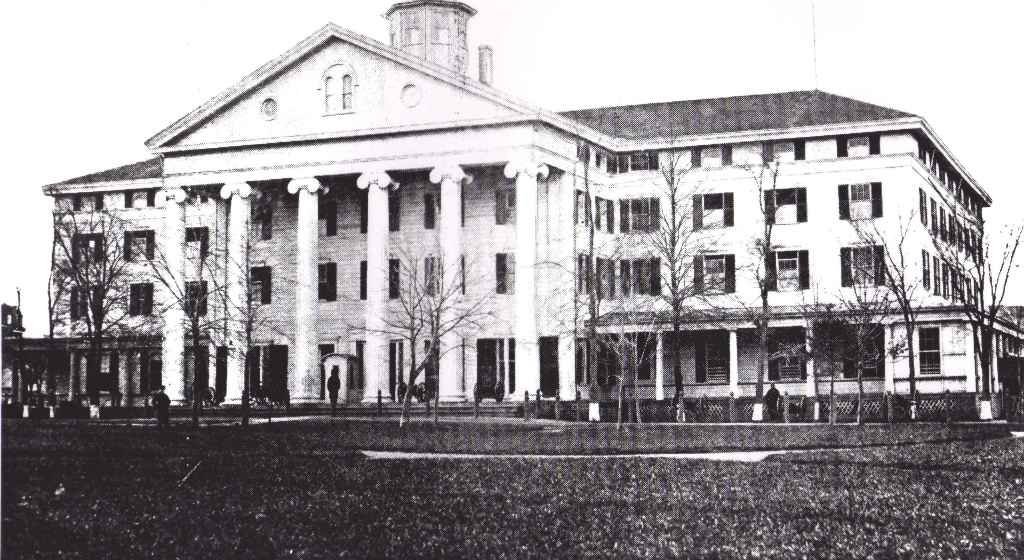
When Annapolis Moved to Newport, RI. The United States Naval Academy is and was located in Annapolis, Md., and that posed a problem with the advent of the Civil War in 1861. Maryland, a border state with many Southern sympathizers, was plausibly within striking distance of Confederate forces.
1874 The first horse-drawn bus makes its début in the city of Mumbai, plying two routes
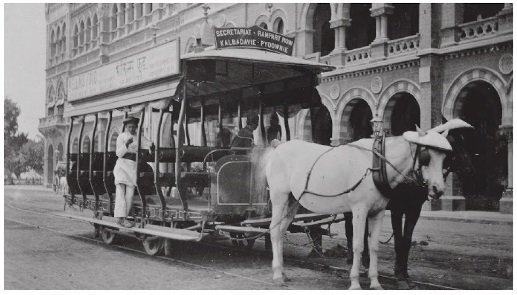
On this day in History, the first horse-drawn tram made its début in the city, plying on the Colaba–Pydhone via Crawford Market, and Bori Bunder to Pydhonie via Kalbadevi routes. The initial fare was three annas (15 paise), and no tickets were issued.
1877 Romania gets independence
Mihail Kogălniceanu reads, in the Chamber of Deputies, the Declaration of Independence of Romania. This day becomes the Independence Day of Romania.
1901 First Australian Parliament opens in Melbourne
The first Australian Parliament opens in Melbourne with Edmund Barton as Prime Minister. It was opened in Melbourne by Prince George, Duke of Cornwall and York, later King George V. However, the first working session will not be until 21 May.
1904 The steam locomotive City of Truro becomes the first steam engine to exceed 100mph
The most famous locomotive in the class, 3440 City of Truro (later renumbered 3717), is reputedly the first steam locomotive to travel in excess of 100 mph, on this day in History. It was the 2000th locomotive to be built at Swindon, leaving the works in April 1903.
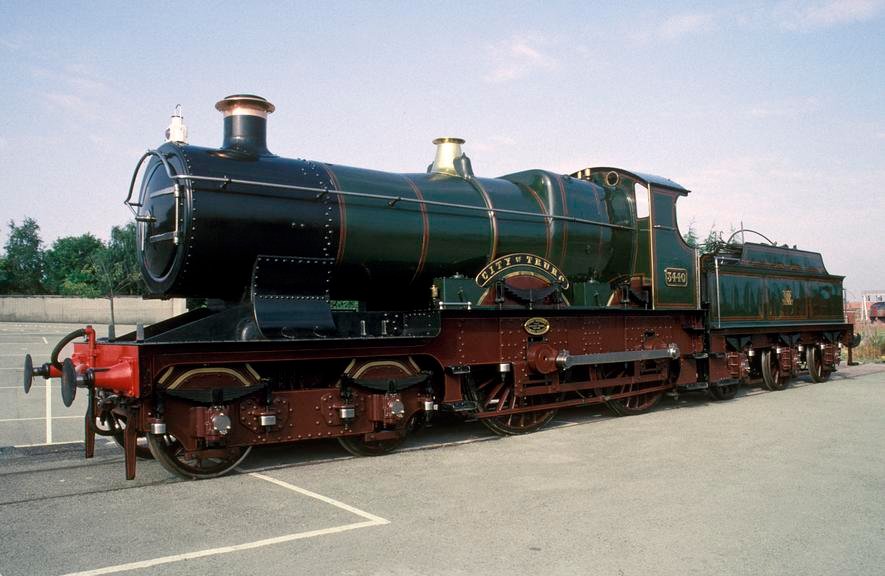
1914 US President Woodrow Wilson proclaims Mother’s Day
On May 9, 1914, President Woodrow Wilson proclaimed the second Sunday in May as Mother’s Day “as a public expression of love and reverence for the mothers of our country.”
In addition, Google dedicated a doodle to cherish the love and affection showered by mothers all around the globe today. (See it here)
1922 Classification of Stars is done for the first time
The International Astronomical Union formally adopted Annie Jump Cannon’s stellar classification system. With only minor changes having been made in the 94 years since it is still the primary system in use today.
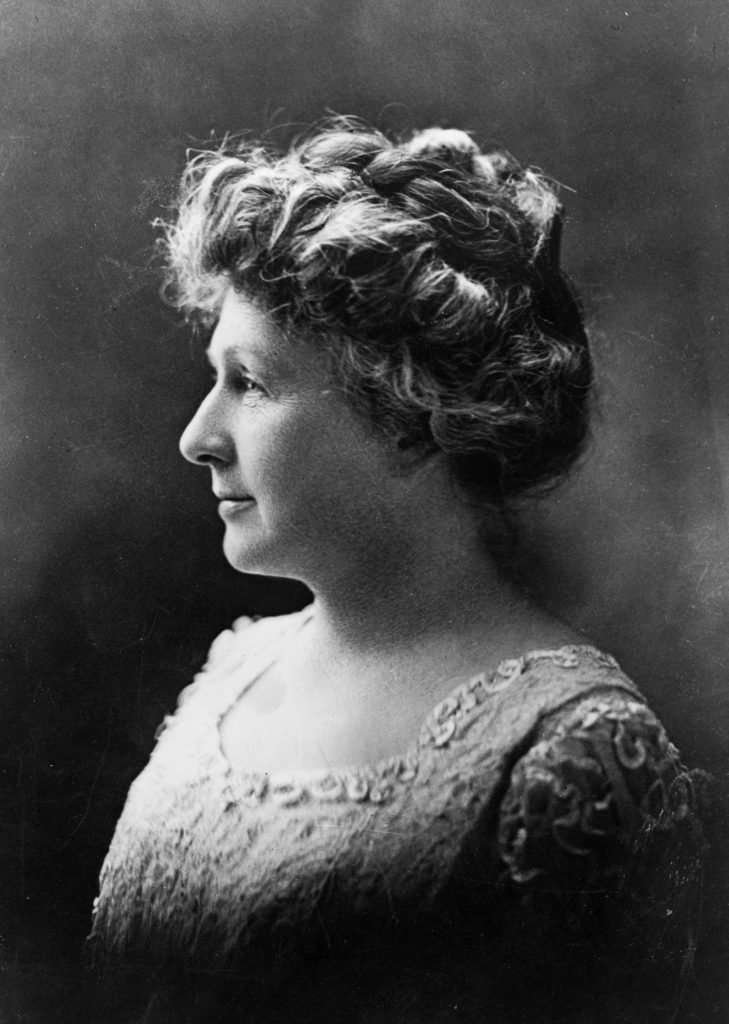
1926 First flight to the North Pole claimed
1st flight over the North Pole claimed by Richard E. Byrd and co-pilot Floyd Bennett. Later discovery of Byrd’s diary suggests they may have turned back 150 miles short of the pole due to an oil leak.
1941 British intelligence at Bletchley Park breaks German spy codes
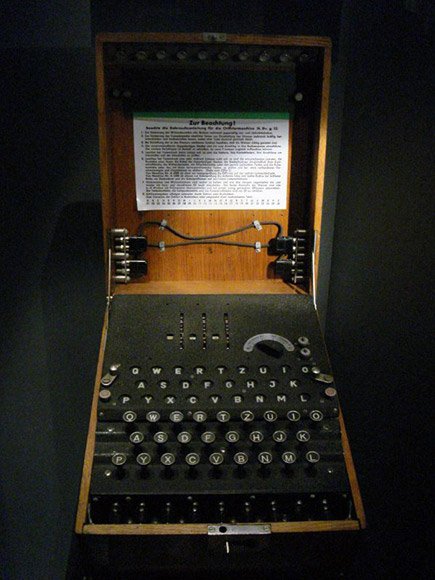
After capturing Enigma machines aboard the weather ship Muenchen, the German spy codes get deciphered. The Enigma machine, used by the Kriegsmarine to encode and decode messages passing between shore command and ships at sea, was taken to Bletchley Park in England. There, cryptographers including computer pioneer Alan Turing succeeded in breaking the naval code.
1992 Salem Witch Trials
Salem Village Witchcraft Victims’ Memorial dedicated in Danvers (formerly Salem Village) to mark the 300th anniversary of the trials. The incident began in February 1692 when a group of young girls claimed to have been possessed by the devil and accused other women of being witches. Hysteria spread through colonial Massachusetts and a special court was convened to hear trials of those accused.
For further updates, follow the “This Day in History” section.
